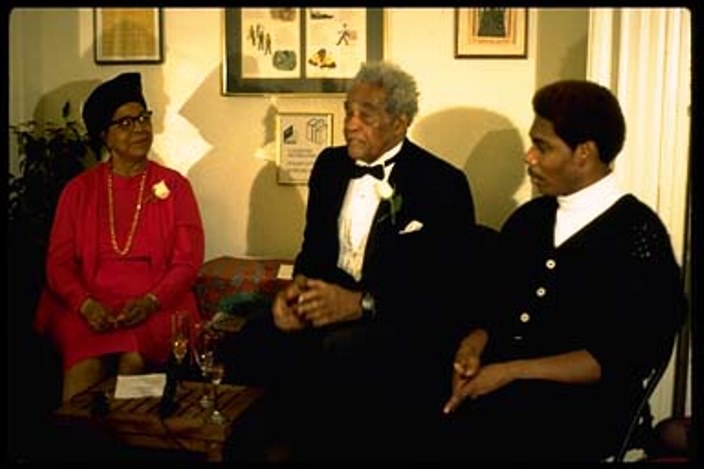
Featuring
Robert Earl JonesGertrude Jeannette
1995 : The Langston Hughes House, Harlem
Guests
Robert Earl Jones & Gertrude Jeannette
Hosted by Billie Allen & Carl Hancock Rux
“I started writing about women, strong women, that I knew that no one would be ashamed to play.”
– Gertrude Jeannette
Gertrude Jeannette
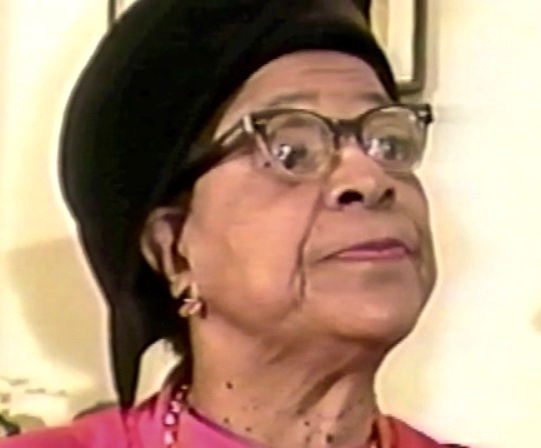
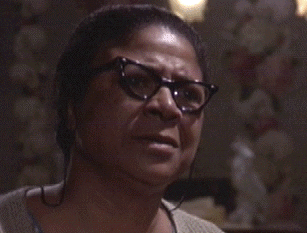
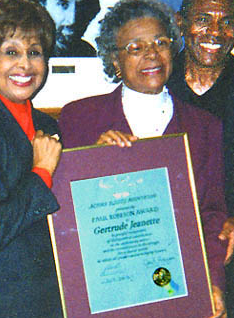
In addition to directing her own plays, (This Way Forward, A Bolt from the Blue, Light in the Cellar, Who’s Mama’s Baby Who’s Daddy’s Child and Gladys’ Dilemma), Miss J has directed the work of John Perkins, Celeste C. Walker, Phillip Hayes Dean, Ajene Washington and Lorraine Hansberry.
For many years she worked as an actress in radio, stage, film and TV. On Broadway, she originated roles in Lost in the Stars, Nobody Loves an Albatross, The Amen Corner, The Skin of Our Teeth, The Great White Hope and Vieux Carre. Her film credits include: Nothing but a Man, Cry for the City, Shaft, The Legend of Charlie, Cotton Comes to Harlem, Black Girl and several documentaries and short films. Miss J received the Outstanding Pioneer Award from the AUDELCO in 1984 and the AT&T and Black American Newspapers 1987 Personality of the Year Award. In 1991 she was the recipient of the Harlem Business Recognition Award from the National Council of Negro Women. All this and Ms. Jeanette, who was married to the great Joe Jeannette, was NYC’s first woman cab driver.
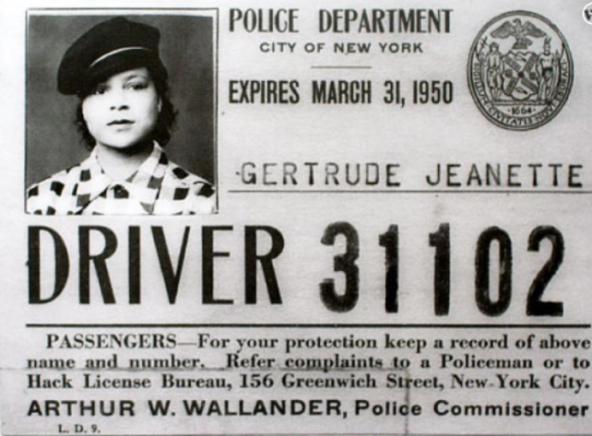
Robert Earl Jones
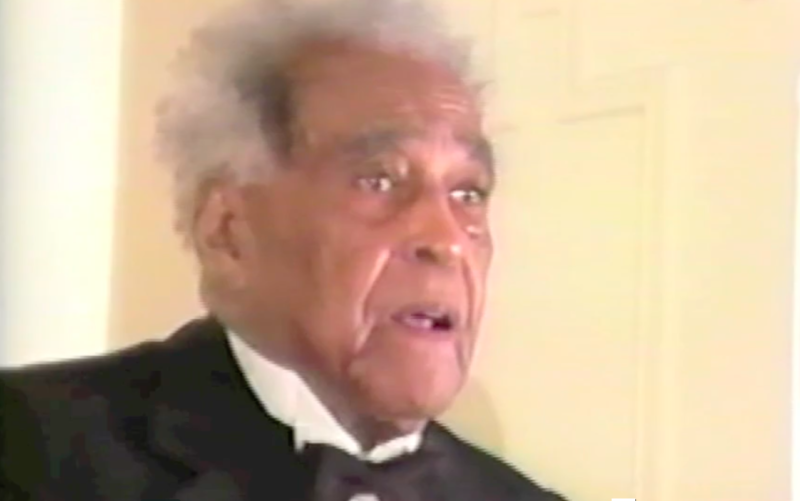
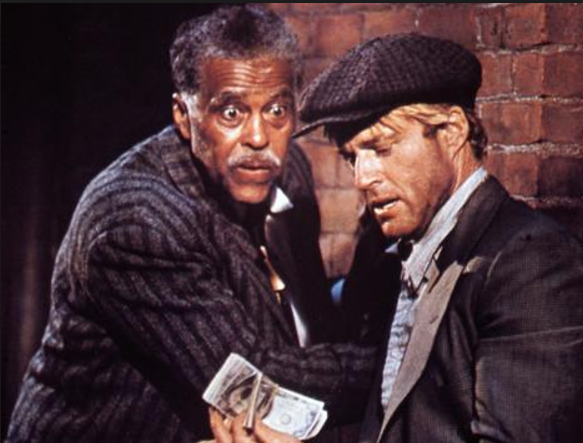
Robert Earl was a railway worker, a welder, a butler, a truant officer for the WPA, a prize fighter (knocking out Bob Norman in NYC’s Hippodrome, February 23, 1938), to name but a few of his lives. But in 1938 Langston Hughes’ Aunt Toy, helped him to read his first poem. That poem became part of a one-act play and Jones’ acting debut, in “Don’t You Want to be Free?” Since then, his many Broadway credits included: Herod and Mariamne, The Hasty Heart, Strange Fruit, The Iceman Cometh, Othello (an obsession of his), Gospel at Colonus and Mulebone.
Film credits included: The Sting, Wild River, Cold River, Trading Places and The Cotton Club. Robert Earl Jones was the recipient of more awards than there is space to list, but among his proudest achievements was completing the New York City Marathon —twice.
In 2006, Robert Earl Jones passed away at his family home in Englewood N.J. at the age of 96.


When Mr. Jones walked into the Langston Hughes House, where this event took place, before he even took off his coat, he stopped, and spoke out loud first to the air around him, and then to us:
I’ve known rivers:
I’ve known rivers ancient as the world and older than the
flow of human blood in human veins.
My soul has grown deep like the rivers.
And proceeded on to recite the entirety of Langston Hughes’ The Negro Speaks of Rivers He had learned to read in this house, and this was the first poem he read.











